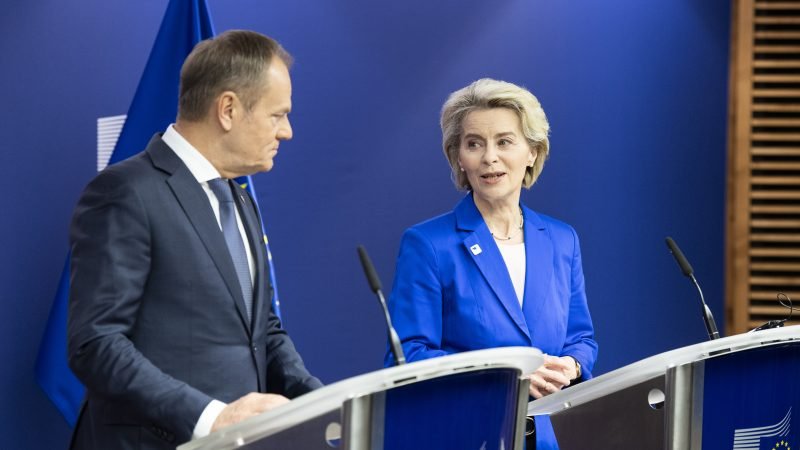Brussels, 16 March 2024 (TDI): The European Commission recently considered restrictions on Russian food imports. Prime Minister Tusk and President Ursula von der Leyen discussed important proposals by the European Commission to help EU farmers.
These proposals come at a time when farmers face many uncertainties, especially because of Russia’s war on Ukraine. European Commission mentioned that the main goal of these proposals is to make things easier for EU farmers.
They highlighted that the proposals also aim to give farmers and Member States more freedom to follow certain environmental rules without lowering the EU’s goals for protecting the environment and climate.
Restrictions on Russian Food Imports
To address the challenges faced by farmers due to global events, the European Commission is considering restrictions on Russian food imports into the EU.
One important proposal is to exempt small farms (less than 10 hectares) from some strict rules and penalties. This exemption will benefit many small farms in Poland and across the EU.
Another proposal suggests changing a rule that forces farmers not to use part of their land for growing crops (called GAEC 8). Instead of being forced, farmers would be encouraged to keep some areas non-productive.
Also Read: European Commission recommends Bosnia and Herzegovina to join EU
These proposals came after listening to the concerns of farmers’ organizations in Poland and other EU countries.
Grain Market and Import
Prime Minister Tusk and President von der Leyen also talked about the grain market and importing grain from Russia. The European Commission is thinking about limiting the import of agricultural products from Russia into the EU.
Both leaders emphasized their commitment to working closely together to support agriculture in Poland and the EU. This collaboration is crucial for facing the challenges that farmers are dealing with.
In short, the European Commission plans to limit the import of Russian food to help farmers cope with uncertain times, including Russia’s war on Ukraine. These measures aim to make things easier for EU farmers while also tackling issues in the grain market.
I'm currently studying International Relations at NUML. Along the way, I've gained lots of experience through internships and courses, which have sharpened my skills in understanding global politics and foreign policy. Right now, I'm working as a Research Fellow at The Diplomatic Insight, where I write articles and press releases. I'm also passionate about learning new things, whether it's through online courses or volunteering for causes I care about, like human rights and the environment. In the future, I hope to use my knowledge and skills to make a positive impact on global affairs.



